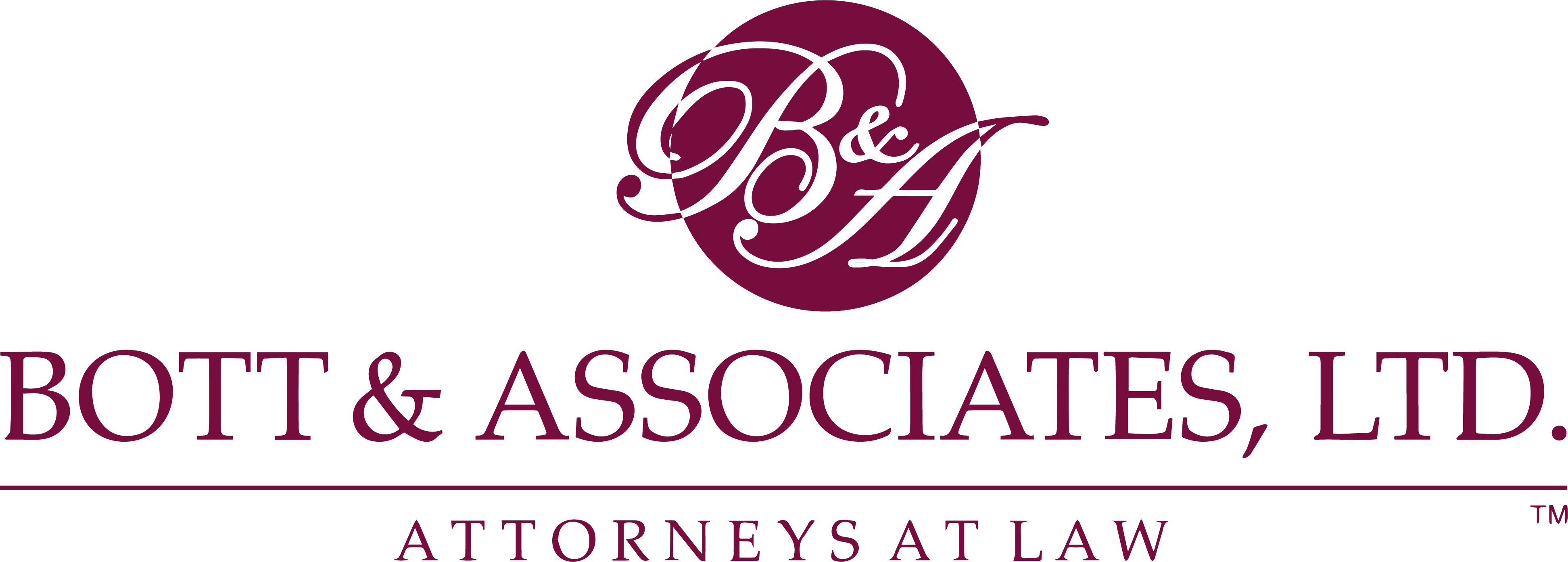 When determining your estate’s future distribution with the protection of assets and minimizing estate taxes as a goal, it’s essential to take time and learn about the features and differences between Revocable and Irrevocable Trusts. Both of these unique estate planning options have specific benefits, disadvantages, and conditions for use that you should be familiar with before choosing to use one as an end of life planning option.
When determining your estate’s future distribution with the protection of assets and minimizing estate taxes as a goal, it’s essential to take time and learn about the features and differences between Revocable and Irrevocable Trusts. Both of these unique estate planning options have specific benefits, disadvantages, and conditions for use that you should be familiar with before choosing to use one as an end of life planning option.
The fundamental similarity between these two types of Trusts is their goal of saving and later distributing your assets after your death by your choosing and direction. These are useful tools that can save on associated taxes later, protecting the financial future of your surviving family members.
What is a Revocable Trust?
If you want a Trust that allows you to make changes or essential updates whenever you want, a Revocable Trust is probably a smart choice. This estate planning option will enable you to maintain control over your assets and estate while still alive. Regular Trusts don’t offer this flexibility, instead acting as the owner for you once funded. Although, once you have passed, your Revocable Trust will become irrevocable and unchangeable.
Key features of Revocable Trusts include:
- Avoids probate
- Flexible
- Ongoing control
- Can assign a Trustee in case of incapacitation
While the above features are quite beneficial, there are disadvantages of a Revocable Trust to remember before creating one:
- Constant updating
- Additional administrative duties
- No protection for assets
- No tax advantages
What is an Irrevocable Trust?
Choosing an Irrevocable Trust is a commitment to very limited opportunities for modifying or terminating the Trust. While not impossible, making any change usually requires approval from all the designated beneficiaries. The limited flexibility of this plan is difficult to navigate without an experienced estate planning attorney’s help, but this Trust has features that make it worthwhile.
- Asset protection
- Minimizes estate taxes
- Government benefit opportunities
- Access to government benefits
Those choosing to use an Irrevocable Trust as part of their estate planning should also be aware of the disadvantages of this option, including:
- High tax on income earned by the Trust
- Expense and hassle of an additional tax return for the Trust
- Difficult legal language and terms that increase possible errors
Speak with an Experienced Estate Planning Attorney About Your Options
When creating a Trust, you have one main goal in mind: protect your estate assets to provide financial security for your family when you pass. As the attorneys at Dana and Associates, LLC, can explain, doing so with a Revocable or Irrevocable Trust could be the best option, but you first need to determine which suits your situation best.

